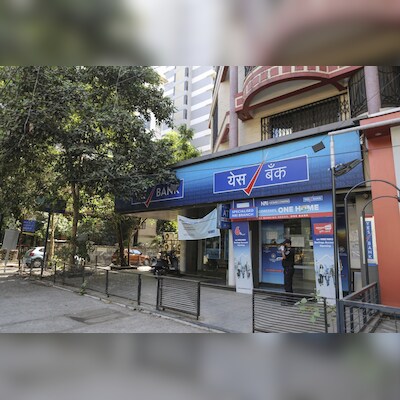Moody’s revises outlook on Yes Bank from ‘stable’ to ‘positive’
Global rating agency Moody’s has revised its outlook on Indian private sector lender Yes Bank from “stable” to “positive” on the expectation of a gradual improvement in its depositor base and lending franchise. This will help improve its core profitability over the next 12-18 months.
The positive outlook takes into account the improvement in the bank’s asset quality and capitalisation over the past 2-3 years. This is somewhat offset by the bank’s weak core profitability driven by high funding costs and the strain from meeting priority sector lending (PSL) targets.
The rating agency also affirmed Yes Bank’s “Ba3” long-term (LT) foreign currency (FC) and local currency (LC) bank deposit ratings.
Moody’s, in a statement, said, “We expect Yes Bank’s core profitability, which is measured by pre-provisioning profits to total assets, will gradually improve to above 1.2 per cent over the next 12-18 months from 0.8 per cent in the financial year ended March 2024.”
An improvement in Yes Bank’s ability to meet the central bank’s Priority Sector Lending rules through new lending from its branches will help reduce operating expenses for meeting the targets, improving its overall profitability.
In addition, its lending focus on higher-yielding, albeit higher-risk, retail and small and medium enterprise segments will help widen its net interest margins, the rating agency added.
A gradual increase in the bank’s credit costs will be largely offset by recoveries from its legacy stressed assets, given the high loan loss provision coverage of those assets. Despite these improvements, Yes Bank’s profitability will remain weak compared with the Indian peers we rate and a key drag on further improvements to its credit profile, Moody’s added.
Yes Bank’s funding and liquidity are modest compared with those of other large private-sector Indian banks that the agency rates. This has also translated into the bank’s higher funding costs than those of its peers. “We expect the bank’s funding costs to remain higher than its peers’ over the next 12-18 months because of increasing competition among banks for deposits,” it added.
First Published: Jul 11 2024 | 12:28 AM IST
